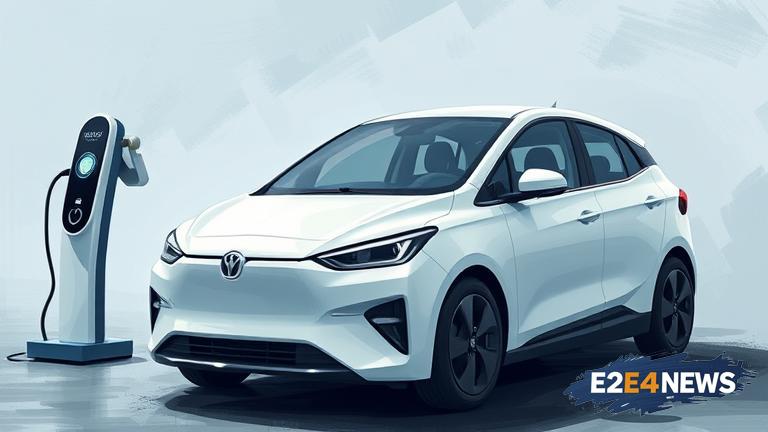The Indian government has announced a comprehensive plan to promote the adoption of electric vehicles (EVs) in the country. The plan includes a range of incentives and initiatives aimed at encouraging the use of EVs, reducing greenhouse gas emissions, and improving air quality. According to reports, the government plans to offer subsidies to EV manufacturers, as well as to consumers who purchase EVs. The subsidies are expected to be in the form of tax exemptions and discounts on the purchase price of EVs. Additionally, the government plans to invest in the development of EV charging infrastructure, including the installation of charging stations along highways and in urban areas. The plan also includes measures to promote the use of EVs in public transportation, such as buses and taxis. The government has set a target of having at least 30% of all new vehicle sales be electric by 2030. To achieve this goal, the government plans to work with state governments and private companies to develop EV-friendly policies and infrastructure. The plan has been welcomed by environmentalists and industry experts, who say it has the potential to significantly reduce India’s carbon footprint and improve air quality. However, some have expressed concerns about the feasibility of the plan, citing the need for significant investment in infrastructure and the lack of affordable EV options currently available in the market. Despite these challenges, the government remains committed to promoting the adoption of EVs and has announced plans to review and revise the plan as needed. The plan is part of a broader effort by the Indian government to reduce its dependence on fossil fuels and transition to a more sustainable and environmentally-friendly transportation system. The government has also announced plans to promote the use of renewable energy sources, such as solar and wind power, to generate electricity for EVs. This move is expected to not only reduce greenhouse gas emissions but also create new job opportunities in the renewable energy sector. Furthermore, the plan is expected to have a positive impact on the Indian economy, as it will reduce the country’s reliance on imported fossil fuels and promote the growth of domestic industries. The government has also announced plans to establish a national EV policy, which will provide a framework for the development of EVs and related infrastructure. Overall, the plan has the potential to transform India’s transportation sector and make it more sustainable, environmentally-friendly, and economically viable. The government’s commitment to promoting EVs is a significant step towards achieving this goal, and it is expected to have a positive impact on the environment, the economy, and public health. With the increasing demand for EVs, the government is also planning to promote the development of EV manufacturing industries in the country, which will create new job opportunities and stimulate economic growth. The plan is a significant step towards reducing India’s carbon footprint and promoting sustainable development, and it is expected to have a positive impact on the country’s environment, economy, and public health.
